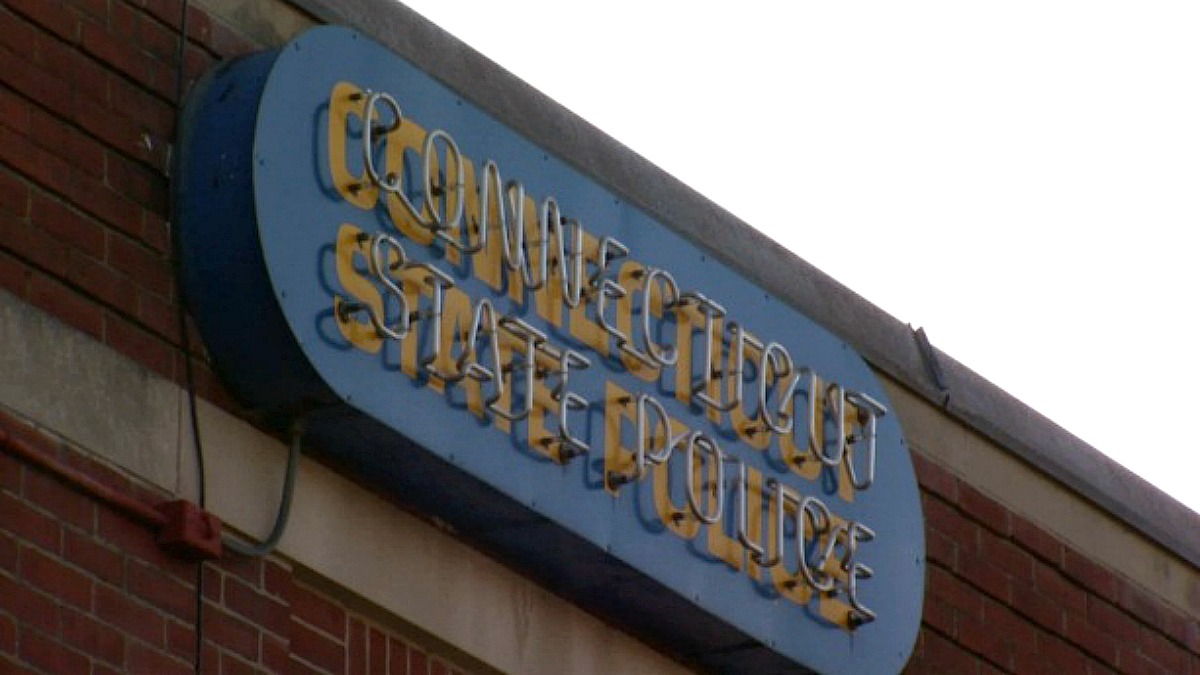A debate is raging in Connecticut over whether the state should join New England and Rhode Island in a program to lower pollution.
State lawmakers are debating whether to join Massachusetts and Rhode Island in a program aimed at lowering pollution. Opponents say it will end up costing Connecticut residents more at the pump and argue now is not the time to increase costs for the middle class.
“Gov. Lamont and his majority are advocating for $200 million of taxes levied against gasoline and trucks that middle-class families of Connecticut are going to have to pay,” Senate Republican Leader Kevin Kelly said.
Kelly is referring to the impact of the highway user and mileage tax and the transportation climate initiative. The user fee and mileage tax only apply to trucks.
If the legislature approves the program, which requires fuel suppliers to buy permits for pollution, it will go into effect in 2023. Fuel suppliers are expected to pass the extra cost onto consumers.
Get top local stories in Connecticut delivered to you every morning. Sign up for NBC Connecticut's News Headlines newsletter.
“These taxes are the most regressive taxes. They’re going to hit the middle and lower-income harder than they would at the higher echelons,” Kelly said.
But Democratic lawmakers argue it's all for a good cause -- lowering carbon emissions.
“Here we are joining together to really combat climate change,” Sen. Christine Cohen, D-Guilford, said.
Local
Cohen, who co-chairs the Environment Committee, says they will be putting the money raised from fuel providers toward lowering carbon emissions and investing in things like electric vehicles.
“I would say number one that this isn’t a tax. We are selling allowances at auction taking those proceeds and putting them back directly into our transportation system,” Cohen said.
But Republicans say it’s a tax that will impact the lower and middle class.
“You can call it whatever you want. You can call it a fee and assessment but anytime government puts its hand in our wallet that’s a tax,” Kelly said.
The state estimates drivers could pay up to ten cents more per gallon in the first decade. Republicans believe the true cost will be much higher.
“The reality is middle-class residents and lower-income residents cannot afford the electric vehicles that are being pushed upon us,” House Minority Leader Vincent Candelora, R-North Branford, said.
Gov. Ned Lamont said doing nothing is not a option.
“It’s never a good time. But it’s never a good time to stop fixing our roads and bridges either. They got a better idea, I'm all ears,” Lamont said.



